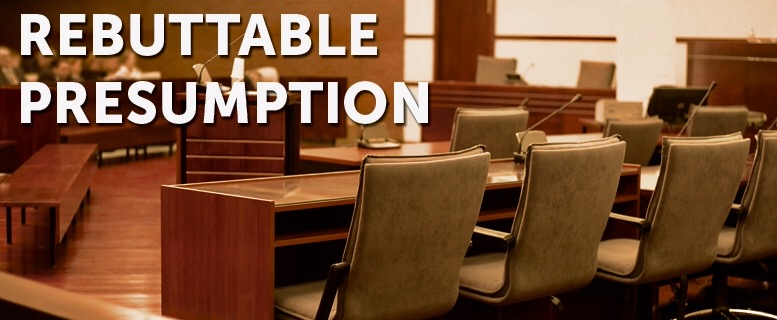Beneficiaries of an estate ordinarily have standing to contest legal bills if an executor seeks to be indemnified for the lawyer’s bill from the estate. See Chute Estate 2014 BCSC 344.
The decision Re Sangha 2018 BCSC 54 was such a situation, and the registrar of the court applied what is known as a “global approach” in assessing the appropriate amount of legal fees that were rendered pursuant to a total of nine invoices.
The jurisdiction of the registrar to take such a global approach was confirmed by the court in Hutchison v. Victoria Golf Club 2009 BCSC 644 where the court stated:
While the reasons do not provide a mathematical roadmap to the amount allowed, they provide a sound foundation upon which to understand the basis of the registrar’s decision.
In the BC Court of Appeal decision Walker v. Schober 2008 BCCA 19 the court reviewed the decision of the Supreme Court, and overturned a decision of the registrar that had reduced a bill from $21,000-$6000.
The registrar in that case, characterized his task as to include consideration in a global sense of the value of the services that have been rendered on the client’s behalf. The Court of Appeal took issue with there being a requirement on the registrar to address every item of evidence, and with this court. Failing to apply a deferential approach to the findings of the taxation officer at paragraph 36.
A review of the solicitors authority supports this global approach. Nathanson et al v. Inmet Mining Corporation 2007 BC SC 724. In that decision. The issue was whether the client should be premium build for a result beyond the amounts previously billed and paid. The court refused to allow a fee of an additional $10,000 as claimed by the law firm, and restricted restricted the fee to the amount already build and paid which included a premium of $5248. The appeal court found this was to be a fair fee.
There are many examples of registrars a pop applying such a global approach that have been affirmed on appeal see Davis and Co. v. Jiwan 2008 BCCA 658.
Section 71 of the Legal Professions act governs the amount executors and lawyers can charge for their legal fees and states that the matters to be considered by the registrar under review are as follows
S 71 (2) subject to the subsections four and five, the registrar must allow fees, charges and disbursements for the following services:
a) those reasonably necessary and proper to conduct the proceeding or business to which they relate;
b) those authorized by the client or subsequently approved by the client, whether or not the services were reasonably necessary and proper to conduct the proceeding or business to which they relate.
71(3) subject to subsection 4 and five, the registrar may allow fees, charges and disbursements for the following services, even if unnecessary for the proper conduct of the proceeding or business to which they relate:
a) those reasonably intended by the lawyer to advance the interests of the client at the time the services were provided;
b) those requested by the client. After being informed by the lawyer that they were unnecessary and not likely to advance the interests of the client.
71.(4) at a review of a lawyer’s bill, the registrar must consider all of the circumstances, including
a) The complexity, difficulty or novelty of the issues involved,
b) the skill, specialized knowledge and responsibility required of the lawyer,
c) the lawyer’s character and standing in the profession,
d) the amount involved,
e) the time reasonably spent,
f) if there has been an agreement that sets a fee rate that is based on an amount per unit of time spent by the lawyer, whether the rate was reasonable
g) the importance of the matter to the client was bill is being reviewed, and
h) the result obtained
7`(5) the discretion of the registrar under subsection 4 is not limited by the terms of an agreement between the lawyer and the lawyer’s client









